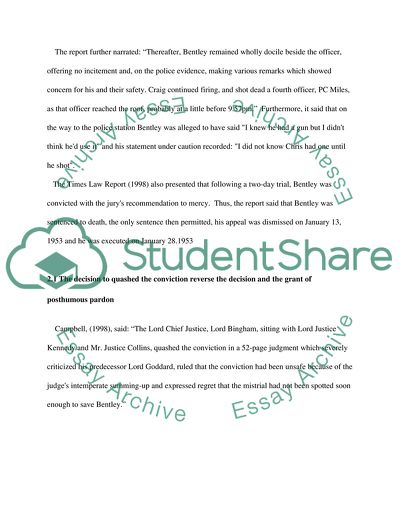Cite this document
(The Standards of Fair Play in Trial Term Paper Example | Topics and Well Written Essays - 2569 words, n.d.)
The Standards of Fair Play in Trial Term Paper Example | Topics and Well Written Essays - 2569 words. Retrieved from https://studentshare.org/law/1704375-a-representation-of-derek-bentley-in-miscarriage-of-justice
The Standards of Fair Play in Trial Term Paper Example | Topics and Well Written Essays - 2569 words. Retrieved from https://studentshare.org/law/1704375-a-representation-of-derek-bentley-in-miscarriage-of-justice
(The Standards of Fair Play in Trial Term Paper Example | Topics and Well Written Essays - 2569 Words)
The Standards of Fair Play in Trial Term Paper Example | Topics and Well Written Essays - 2569 Words. https://studentshare.org/law/1704375-a-representation-of-derek-bentley-in-miscarriage-of-justice.
The Standards of Fair Play in Trial Term Paper Example | Topics and Well Written Essays - 2569 Words. https://studentshare.org/law/1704375-a-representation-of-derek-bentley-in-miscarriage-of-justice.
“The Standards of Fair Play in Trial Term Paper Example | Topics and Well Written Essays - 2569 Words”, n.d. https://studentshare.org/law/1704375-a-representation-of-derek-bentley-in-miscarriage-of-justice.


